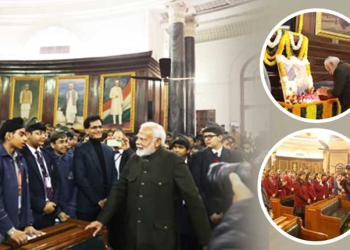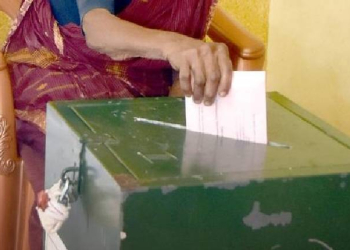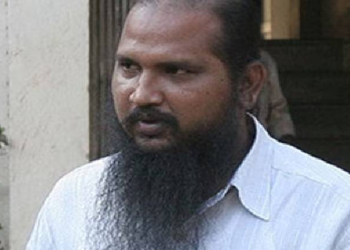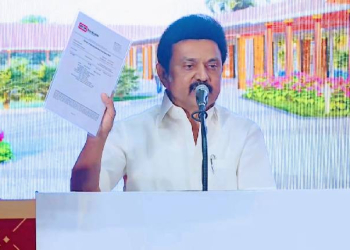New Delhi: The Supreme Court on Tuesday observed that demand of money for the purpose of construction of a house is a dowry demand, which is punishable under Section 304-B of the Indian Penal Code.
A bench, headed by Chief Justice N.V. Ramana and comprising Justices A.S. Bopanna and Hima Kohli, said: “In the facts of the instant case, we are of the opinion that the trial court has correctly interpreted the demand for money raised by the respondents on the deceased for construction of a house as falling within the definition of the word ‘dowry’.”
Justice Kohli, who authored the judgment on behalf of the bench, noted that it cannot be lost sight of that the accused had been constantly tormenting the woman, who had set herself afire in April 2002 and died, and asking her to approach her family members for money to build a house and it was only on their persistence and insistence that she was compelled to ask them to contribute some amount for the construction.
She further added that in this context, the word “dowry” ought to be ascribed an expansive meaning so as to encompass any demand made on a woman, whether in respect of a property or a valuable security of any nature.
In this matter, the trial court convicted husband Jogendra and father-in-law Badri Prasad of the deceased under Sections 304-B, 306 (abetment of suicide) and 498-A of the IPC. The accused challenged their conviction in the Madhya Pradesh High Court, which held that the demand of money for construction of a house cannot be treated as a demand for dowry and set aside the conviction of the accused for abetment of suicide and 304-B.
The state government challenged this order in the top court.
The top court said: “The High Court fell in an error in drawing an inference that since the deceased had herself joined her husband and father-in-law, respondents herein and asked her mother or uncle to contribute money to construct a house, such demand cannot be treated as a dowry demand.”
Justice Kohli said it was not a case of complicity but a case of sheer helplessness faced by the deceased in such adverse circumstances.
“Accordingly, the judgment of conviction and sentence passed by the trial court in respect of both the respondents under Section 304-B and Section 498-A IPC, is restored. However, the sentence imposed on them by the trial court of RI for life is reduced to RI for seven years, which is the minimum sentence prescribed for an offence under Section 304-B IPC,” the verdict said.
(IANS)


















